community Health Worker
May 25, 2015

Published by Katie Allen at May 25 2015
Traditional hospital-based services are not able to reach some of the world’s poorest and most remote villages. Over one billion people globally, including 400 million Africans, lack access to health services because they live too far from a health facility. Rural communities know that if a child becomes ill, the long walk for treatment could potentially turn a minor ailment into a serious health problem.
July 7, 2014
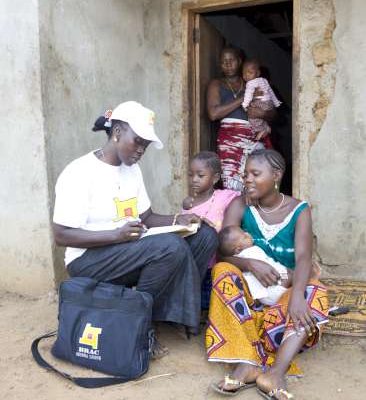
Published by Scott MacMillan at Jul 07 2014
I wrote last week about the current Ebola outbreak in West Africa and what can be done to stop it. Thanks in part to help from supporters in North America, including the actor Jeffrey Wright, BRAC USA has responded with emergency funding to BRAC Sierra Leone to contain the crisis.
May 9, 2013
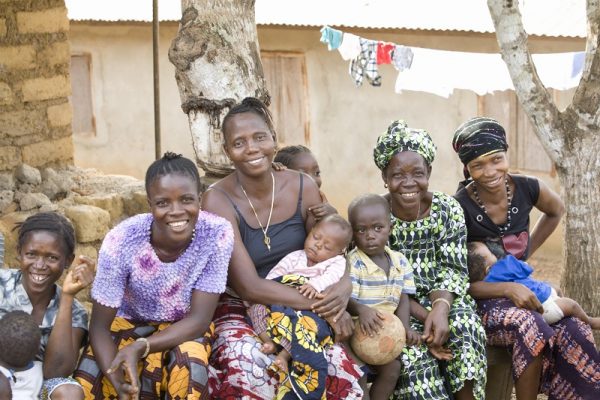
Published by Renée McAlpin at May 09 2013
This week, The New York Times published an article, “Africa Holds Worst Rates for First-Day Baby Deaths, Report Says.” I silently groaned, thinking that Africa is often unfairly singled out as a poverty stricken, dismal place. These headlines bother me for the mere fact that there are not enough headlines highlighting the qualities that make the continent far from dismal.
April 24, 2013

Published by Kazi Amit Imran at Apr 24 2013
As the world moves rapidly towards a new policy agenda for the post-Millennium Development Goal (MDG) era, emerging priority themes include universal health coverage, sustainable cities, and the demand for human rights and accountability. It’s a fact that the world is rapidly urbanising with significant changes in our living standards, lifestyles, social behaviour and health. Thirty years ago, four out of every 10 people were living in cities, but by 2050 the UN predicts this number will grow to seven out of 10.
October 13, 2011
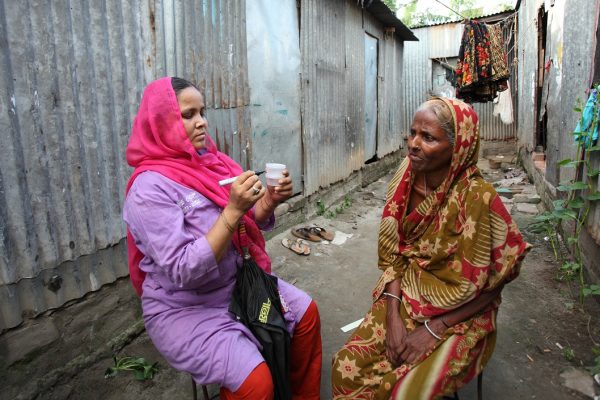
On the occasion of the launch of its book Making Tuberculosis History: Community-Based Solutions for Millions, Bangladesh-based BRAC is sharing stories about those taking part in its successful approach to combating TB. The following is the second in a series; click here to read the previous story of Shanta, neighbor and care provider.
October 12, 2011
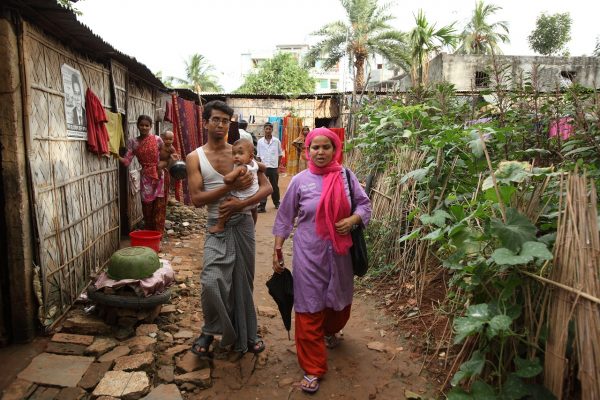
Published by BRAC at Oct 12 2011
Categories
On the occasion of the launch of its book Making Tuberculosis History: Community-Based Solutions for Millions, Bangladesh-based BRAC is sharing stories about those taking part in its successful approach to combating TB. The following is the first in a series.By Maria A. May, BRAC Health Program
September 7, 2011
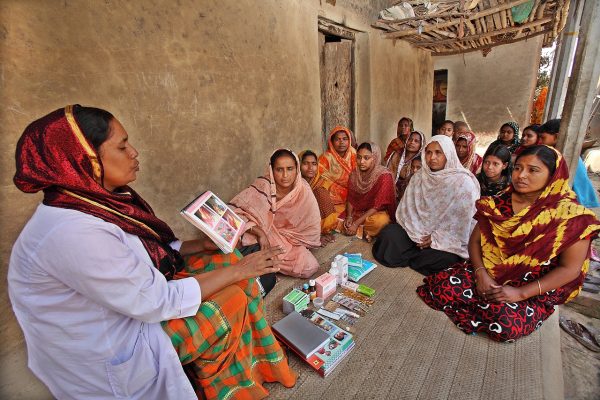
“I became interested when I heard that this project aimed to save mothers, newborns and children. If I can save a single life of a mother or a newborn by providing health care services, it would be a great achievement for me. This will make my mother happy, and the souls of my sister and my brother will be pleased.”
June 20, 2011
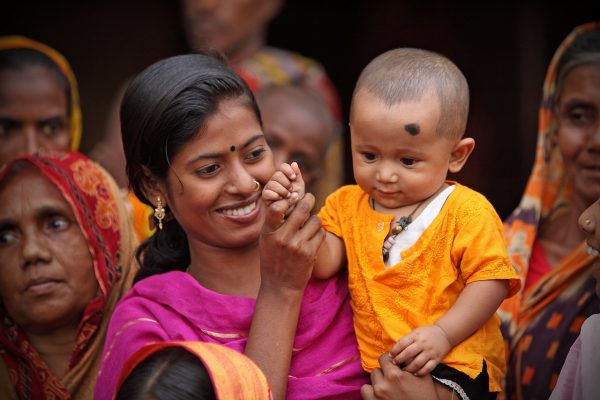
Below is post from Christy Turlington Burns, founder of the non-profit organization, Every Mother Counts and Director/Producer of the documentary film "No Woman, No Cry". In this article, originally published on Huffington Post, Christy Turlington Burns writes about her experience of returning to Bangladesh for the first time since filming the segment on BRAC's Manoshi project aimed at improving maternal health in the slums of Dhaka.
October 21, 2010
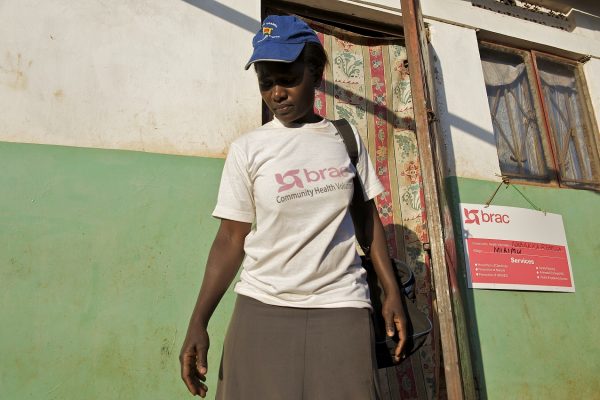
Mary Naluwu is a BRAC Community Health Volunteer (CHV) in Kihombooza village, near Hoima town in western Uganda. As she walked with, Hellen Birungi, a BRAC Health Project Assistant (PA), carrying out their duty in the village, they found a pregnant woman at her home with high blood pressure and referred her for medical treatment. That day Naluwu and Hellen were providing ante-natal care to pregnant women in their homes.

